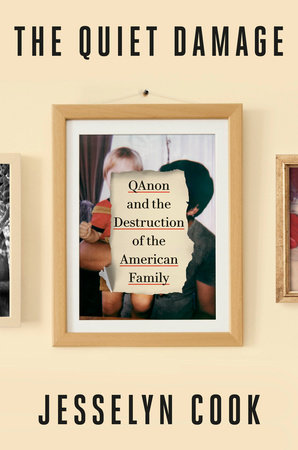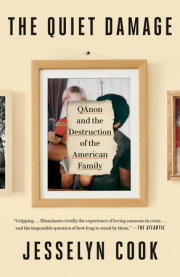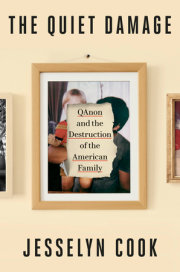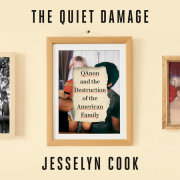1
THE PLAN TO SAVE THE WORLD —Matt—
Matt gazed out the window at the trees and tried to calm his racing mind. It was autumn of 2019 in eastern Missouri, and the leaves had started to fall from their branches, blanketing the grass in crimson and amber. In the distance, people walked down the street in the late afternoon sun, going about their business as they pleased. Matt envied them.
He glanced back inside at the clock on the wall and sighed, his foot tapping anxiously against the leg of his chair. Half an hour left to go.
“Matt?”
His wife’s voice pierced his daze. Seated a few feet over, across from their marriage counselor, she was staring right at him with dark mascara tears streaming down her cheeks.
“Matt,” echoed Dr. Fellows, looking up from the notepad he’d been scribbling away in behind his desk. “Andrea just told you she feels like a single mother.”
His words hung in the air between them as Matt tried to refocus. From the moment they’d sat down, Andrea had been divulging through sobs how he had devolved from a loving, supportive partner into a distracted, inattentive roommate who rarely emerged from the basement. Now Dr. Fellows was studying him like an animal in a lab, trying to figure out what was going on with him. Matt looked at Andrea. Even if he told them, he knew they wouldn’t believe it.
A thirty-eight-year-old God-fearing Republican, Matt had a pointy brown beard and chin-length hair tucked under a baseball cap to complete his daily jeans-and-tee ensemble. He was a pensive, soft-spoken man of relatively few words, especially in counseling. But his eyes, a few shades of blue lighter than his wife’s, told a story of their own. They were crinkled with laugh lines from years of silly moments goofing around with Andrea and their two young kids and framed with dark circles from months of late-night doomscrolling marathons. He didn’t laugh much anymore.
“Is there anything you want to say?” Dr. Fellows nudged.
Matt leaned back in his chair with his hands on his knees and exhaled deeply through his nose. There were lots of things he wanted to say. Things so earth-shattering, so unbelievably surreal and crazy, that they would think he was, well,
crazy. “I’m sorry, Andrea,” he offered instead. “You’re right.”
Matt loved his wife. He and Andrea were college sweethearts; they had met through a student ministry group back when he was a shy, dorky senior who looked like Shaggy from Scooby-Doo and she was a bubbly brunette in her freshman year far out of his league. It was she who had pursued him, though, striking up flirty, late-night conversations on AOL Instant Messenger. They had a lot in common. Both had been raised with Christian conservative values in rural Missouri households where saying grace before meals was mandatory and the radio was set to Rush Limbaugh.
Their marriage wasn’t perfect, Matt knew that. It didn’t help that they’d spent most of it trapped in an unwinnable Tetris game of debt. No matter how many times they tried to reconfigure their life to make payments, the debts just kept stacking back up. Between Matt’s job at a small Christian radio station and Andrea’s as a middle-school librarian, their combined annual income was a little over $50,000. That didn’t leave much for weekend getaways, dinners at Olive Garden, or the other relative luxuries they’d imagined while building a family together. Maxed-out credit cards and past-due bills piled on the kitchen counter had never been part of that vision. To Matt, it felt like even though they’d lived by the book—going to college, finding jobs, getting married, having kids, following Christ—the promise of financial security remained ever out of reach.
But money troubles weren’t the reason Andrea had insisted on counseling. Matt knew that too. Everything she’d told Dr. Fellows over the preceding thirty minutes was true: He
had been mentally and emotionally checked out of their family life for the past year. It wasn’t because he didn’t care, though. . . . He was just preoccupied with far more important things than date nights and bedtime routines—things he desperately wanted to get back to, instead of sitting here being judged by a man with a notepad. Andrea would understand soon enough. One day—
any day now—everything would be revealed. Her anger toward him would melt into gratitude and she would feel foolish for having wasted his time with the relative trivialities they discussed in counseling once she knew what he’d been up to.
He was on a mission to save the f***ing world.
Copyright © 2024 by Jesselyn Cook. All rights reserved. No part of this excerpt may be reproduced or reprinted without permission in writing from the publisher.









